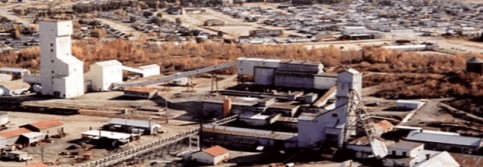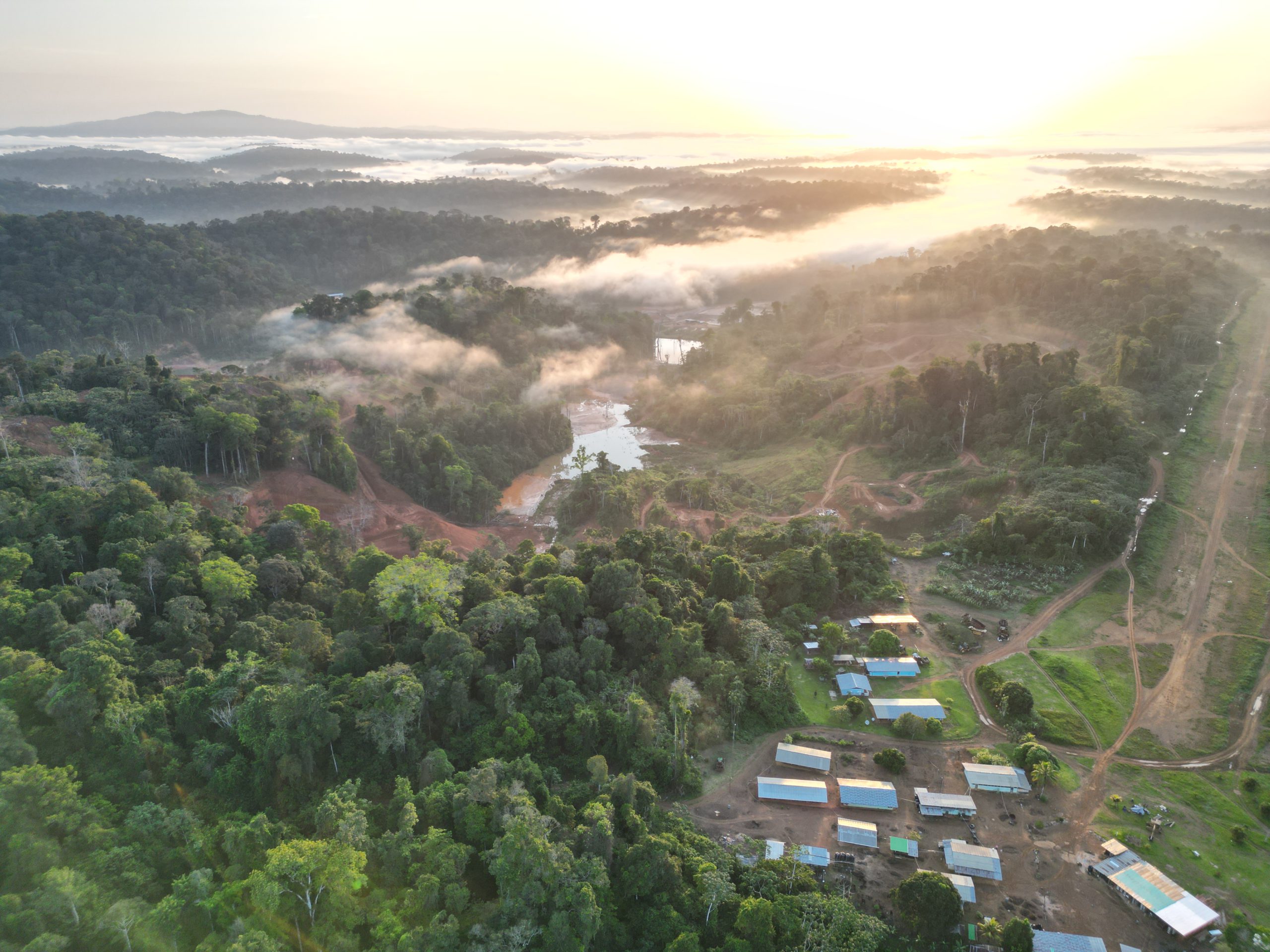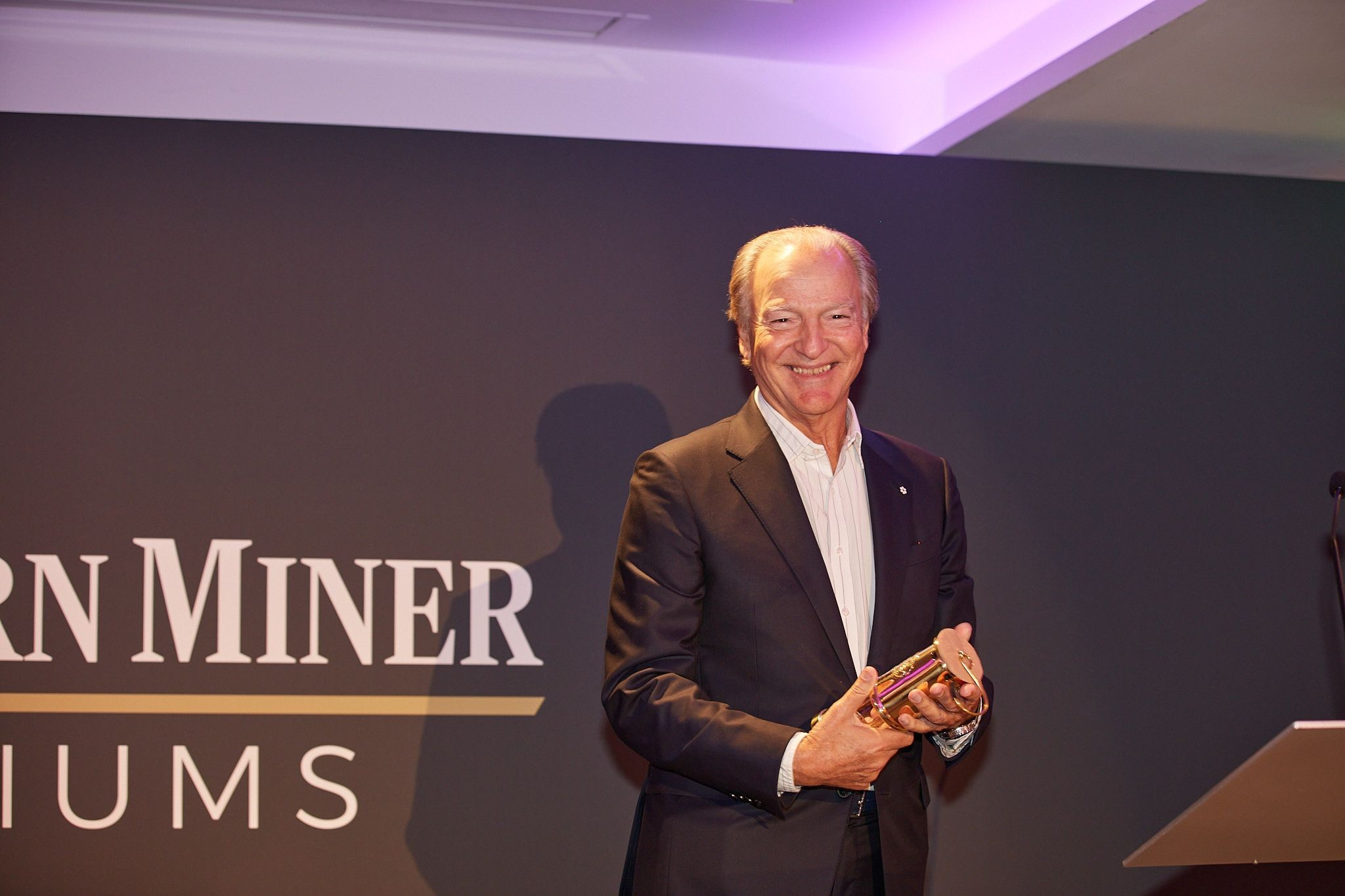Several drill holes returned wide copper-mineralized intervals, highlighted by one intersection of 93 metres at 0.45% copper-equivalent starting at 6 metres downhole. Another returned 100 metres at 0.42% copper-equivalent starting at 60 metres downhole.
“We are pleased to see the continued style of broad mineralization within the Saddle zone, as this area is important for increasing tonnage but also optimizing the open pit geometry. Our thesis is that significant mineralization inside the conceptual pit was not captured by the initial mineral resource estimate published last fall,” Charles Beaudry, director and VP of exploration for QC Copper, said.
“Our recent drilling confirms that there is excellent expansion potential by drilling the areas currently counted as waste and converting these into the resource category. This current drilling is also being complemented by additional data compilation from surface and underground holes,” Beaudry added.
To date, a total of 6,640 metres in 31 holes have been completed on the property for the winter 2022 drilling program.
As shown in the pit-constrained mineral resource published in September 2021, Opemiska contains 81.7 million measured and indicated tonnes grading 0.65% copper and 0.31 g/t gold, for 1.2 million lb. of copper and 815,600 oz. of gold (1.6 billion lb. copper-equivalent). It also has 21.4 million inferred tonnes grading 0.51% copper and 0.30 g/t gold (0.73% copper-equivalent), for 345.8 million lb. copper-equivalent.
QC Copper has also identified a high-grade potential starter pit of 10.6 million tonnes grading 1.26% copper-equivalent.
The current phase of drilling is focused on areas that are yet to demonstrate geological continuity in order to increase the resource base within thee conceptual pit outline. It is also designed to better define low grade envelopes around mined out stopes.
More details are available at www.QCCopper.com.




